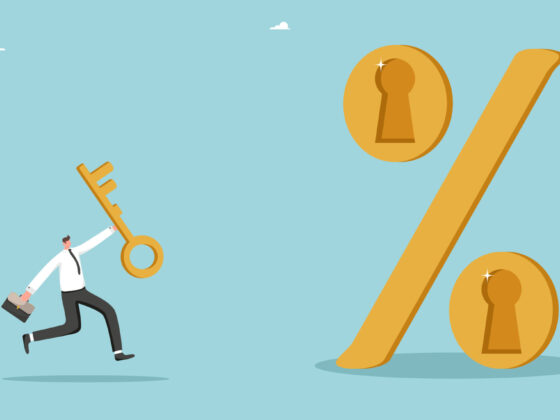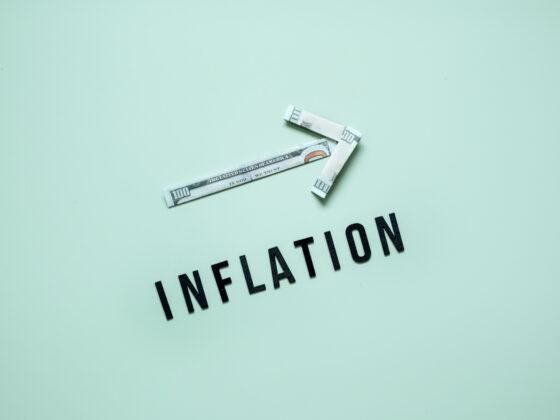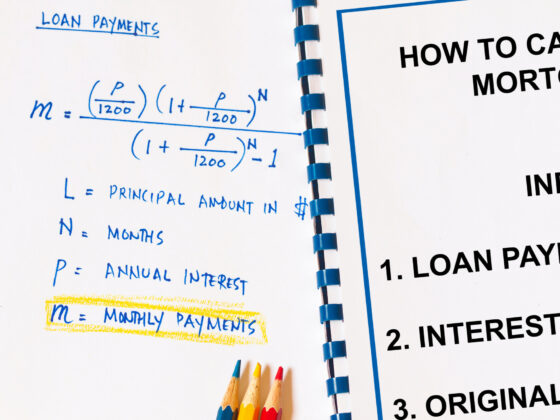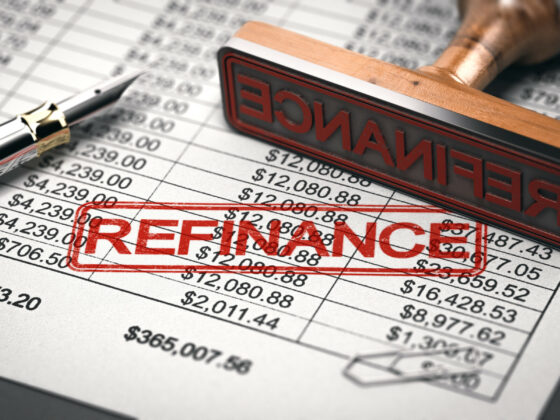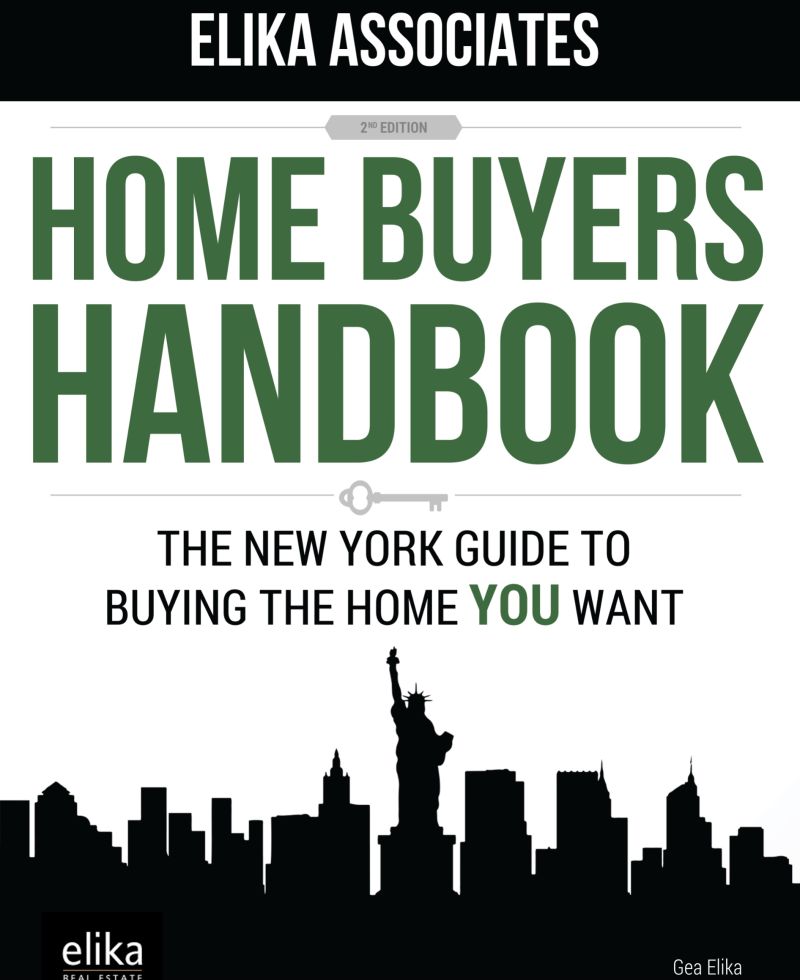Table of Contents Show
About 20% of the American workforce is self-employed as small business owners, entrepreneurs, and freelancers. Being self-employed offers numerous advantages over being a salaried employee, like the freedom to set your work hours and be your boss. But on the flip side, being self-employed makes it harder to get a mortgage. This is because lenders must verify your income, proving difficult for the self-employed, who typically don’t have the documentation needed. But despite this handicap, getting a loan when self-employed is not impossible.
You have to do extra work and find a lender willing to do a little more work on their end. Fortunately, with the gig economy exploding, self-employed buyers are getting easier every year.
How the Financial Crisis Impacted Self-Employed IndividualsHow the Financial Crisis Impacted Self-Employed Individuals
Things were indeed a lot different a little over ten years ago. Before the credit crisis of 2008, self-employed buyers had little trouble getting a mortgage thanks to stated income loans. So long as you had a social security number and average credit, virtually anyone could get a loan by stating their income – All without documentation to prove it. This system’s abuse led to the mortgage meltdown and introduced new rules in the Dodd-Frank act of 2010. Eliminated stated income loans and made it a requirement for every lender to thoroughly verify a borrower’s income before approving them for a loan.
A massive blow to self-employed buyers typically does not have the documentation to verify their income. As a result, they can only qualify for a mortgage by submitting their net income based on their tax returns. However, the problem is that most people take full advantage of IRS guidelines on itemized deductions. Such deductions reduce your net income levels and make it almost impossible to qualify for a loan. Meanwhile, salaried employees can be eligible based on their gross earned income, which doesn’t require you to reduce your income based on any deductions.
Self-employed mortgages are important.Self-employed mortgages are important.
Fortunately, there are ways around this. With self-employed individuals increasingly making up an ever-larger part of the workforce, these people must become homeowners in the real estate market, so the following loan programs are available.
Top Mortgage Options for Self-Employed BuyersTop Mortgage Options for Self-Employed Buyers
Bank Statement LoansBank Statement Loans
Currently, the best mortgage option for self-employed buyers is bank statement loans. These are specifically designed to help people who otherwise have trouble qualifying based on their net income on their tax returns. Instead of tax returns, applicants are asked to provide 12-24 months’ worth of bank statements as proof of income. Your average monthly income is determined by using a percentage of your monthly deposits into your business accounts and 100% of deposits into your accounts. The loan program is available to purchase primary residences, second homes, and investments.
Bank Statement Loan Requirements:Bank Statement Loan Requirements:
- Proof of self-employment for a minimum of two years
- 12-24 months of bank statements
- A credit score in the mid 500s, depending on your lender
- A down payment of 10%-20% depending on your lender, credit score, and whether you’ve had a recent bankruptcy
Pros and Cons of Bank Statement LoansPros and Cons of Bank Statement Loans
Pros:Pros:
- Low down payment requirement
- Tax returns not needed for qualification
- Recent bankruptcies are permitted
- Most have no prepayment penalties
- Rates are reasonable considering only bank statements are being provided
Cons:Cons:
- You’ll have to show a steady flow of bank deposits
- You cannot use 100% of your business account deposits
- Rates are slightly more than conventional loans but not by much
- The program is not easy to find as not many traditional lenders offer them
No Income Verification LoansNo Income Verification Loans
A no-income verification loan is a more flexible option (although with a higher interest rate). What makes these different from bank statement loans is that you’ll provide nothing other than proof of down payment funds. Here are a few key things to know about this type of loan program:
- They’re available for both self-employed and salaried buyers
- You must have a full two years of employment, whether salaried or self-employed
- The minimum down payment on any purchase will be 20%-35%
- The program is available in both fixed-rate and adjustable-rate
- Interest rates will be higher than bank statement loans
- Even fewer lenders offer this program than those who offer bank statement loans
Non-Owner-Occupied Investment LoansNon-Owner-Occupied Investment Loans
Many buyers looking to buy an investment property have trouble qualifying due to the monthly payment obligations on their primary residence. The non-owner-occupied investment loan exists to help people overcome this. Anyone looking for a short-term flip will find this an advantageous option. However, it does come with some heavy restrictions. The main points to understand about this program are:
- It can only be used for non-owner-occupied purchases
- The borrower must already own a primary residence
- The program is available in both adjustable-rate and fixed-rate
- A 75% loan-to-value ratio is required for a purchase, 70% for refinancing
- There is a three-year prepayment penalty that comes with the option to buy down
Mortgage Options for Self-Employed Buyers Who Can Document their IncomeMortgage Options for Self-Employed Buyers Who Can Document their Income
Some self-employed buyers can document their income and apply for a conventional or government-backed loan. To do so, you’ll need at least two years of tax returns and possibly your current year’s P&L statement from your accountant. Anyone who can provide the necessary documents should consider one of these mortgage programs:
Conventional MortgageConventional Mortgage
Anyone who can save up at least 20% for a down payment will find a traditional conventional loan more than adequate. However, if you can’t scrape together 20%, look into getting a piggyback loan. This will give you one loan for 80% of the home value and a second loan that makes up the difference. Doing this will help you avoid PMI or get a jumbo loan.
FHA LoanFHA Loan
Those with a small down payment, but an excellent credit score, can still be approved for an FHA loan. These are loans backed by the federal government and can get as little as 3.5% down. However, these loan types come with higher upfront costs and a monthly PMI payment for the loan duration.
VA LoanVA Loan
Buyers, their spouses, veterans, or active military can be approved for a VA loan. This program is also government-backed but comes with a 0% down payment, no PMI, and great rates.
How to Improve Your Chances of Mortgage ApprovalHow to Improve Your Chances of Mortgage Approval
The best mortgage option for self-employed buyers is the bank statement loan. So long as you’ve been self-employed for at least two years, have a steady flow of deposits into your accounts, and have about 10%-20% saved for a down payment. Whatever program you choose, all mortgage types have one thing in common. The more you can prepare ahead of time, the better chance you will be approved. Follow these critical steps below to give yourself the best chance possible.
Save for a Down PaymentSave for a Down Payment
The more you can save, the better your options will be. Set a goal for the figure you intend to save for and make a plan to reach that. This will mean making a few sacrifices and working harder; if homeownership is what you want, you must be willing to do what is necessary.
Have an Emergency FundHave an Emergency Fund
No home purchase that will leave you bone dry of any funds on closing is ever a good idea. If the unexpected happens, you should aim to have at least six months of expenses saved as a reserve fund. It could be a sudden drop in your income, an unexpected repair in the home, or a medical emergency. To ensure you don’t fall behind on your mortgage payments, save enough for any rough periods.
Raise Your Credit ScoreRaise Your Credit Score
While bank statement loans can be had for an average credit score, you’ll still want to raise it as high as possible. A high credit score will mean a lower interest rate and a better chance of being approved if your down payment isn’t as high as hoped. It is a process that can take some time but comes down to good financial habits. First, make all your payments on time, even if it’s only a partial payment. Second, pay down your debt and keep your credit card balance as low as possible.
Make Regular Bank DepositsMake Regular Bank Deposits
If you choose a bank statement loan, you’ll need to ensure you’ve made regular deposits into your business and personal accounts. Depending on how you get paid for your self-employed work, try to set up a system where payments are received on a day of the week or month. If you can’t show regular and predictable deposits, you’ll have little chance of getting a loan.
Get Consultation EarlyGet Consultation Early
Self-employed individuals face particular obstacles on the road to homeownership. As everyone’s situation is different, the sooner you can get a consultation, the better. Set up a meeting with a loan officer several months before talking to a real estate agent. Make sure that their someone who understands the complexities of self-employed tax returns. Bring any documentation you can to present your case. You may find that the situation isn’t as bad as it seems, and you have more options than you thought. For example, many believe that a no-income verification loan is their only option. But on review, they discover they can qualify for a full documentation loan.



